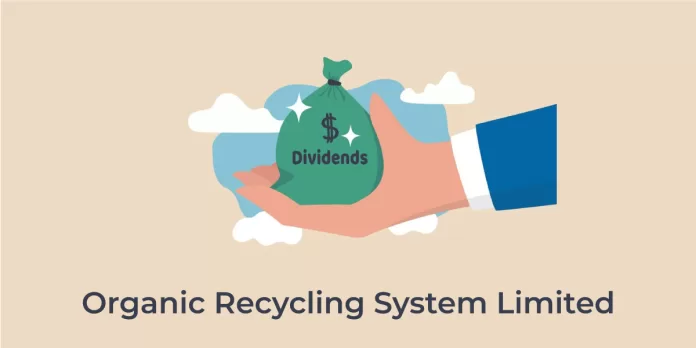Dividends are a portion of a company’s earnings that are distributed to shareholders. They represent a way for companies to return value to their investors, often reflecting the company’s financial health and its board of directors’ confidence in future earnings.
Why Dividends?
Dividends originate from a company’s net profits. After covering all operational costs, taxes, and reinvestments into the business, the remaining profit can be distributed to shareholders as dividends. This distribution is a tangible representation of the company’s success and its ability to generate excess cash.
Also Read: Compounding Effect of Dividend Re-investing
Dividends being paid out usually means a company is financially doing well as the consistent ability to pay dividends may indicate that the company is generating sufficient profits and has a stable cash flow. Also, it needs to be kept in mind that not all profits are distributed as dividends. Companies retain a portion of their earnings for various strategic purposes, such as expanding the business, improving infrastructure, or saving for future uncertainties. This balance between paying dividends and retaining earnings is crucial for sustainable growth.
Are Companies Which Don’t Pay Dividends Bad?
Companies that do not pay dividends may be reinvesting their profits into the business to fund growth opportunities. This can include expanding operations, developing new products, or acquiring other businesses, so if a company is not paying dividends it could very well mean they’re investing to grow further.
For growth-oriented companies, reinvesting profits rather than paying dividends can potentially lead to higher long-term value for shareholders as the company expands and its stock price increases.
Learn: Strategic Dividend Investing
Conclusions
Dividends are a complex but essential component of a company’s relationship with its shareholders. While they can be a sign of financial health and a means to reward investors, the absence of dividends does not necessarily indicate a lack of growth or profitability. Instead, it may reflect a strategic choice to reinvest earnings for future expansion.
Disclaimer: This blog has been written exclusively for educational purposes. The securities mentioned are only examples and not recommendations. It is based on several secondary sources on the internet and is subject to changes. Please consult an expert before making related decisions.


